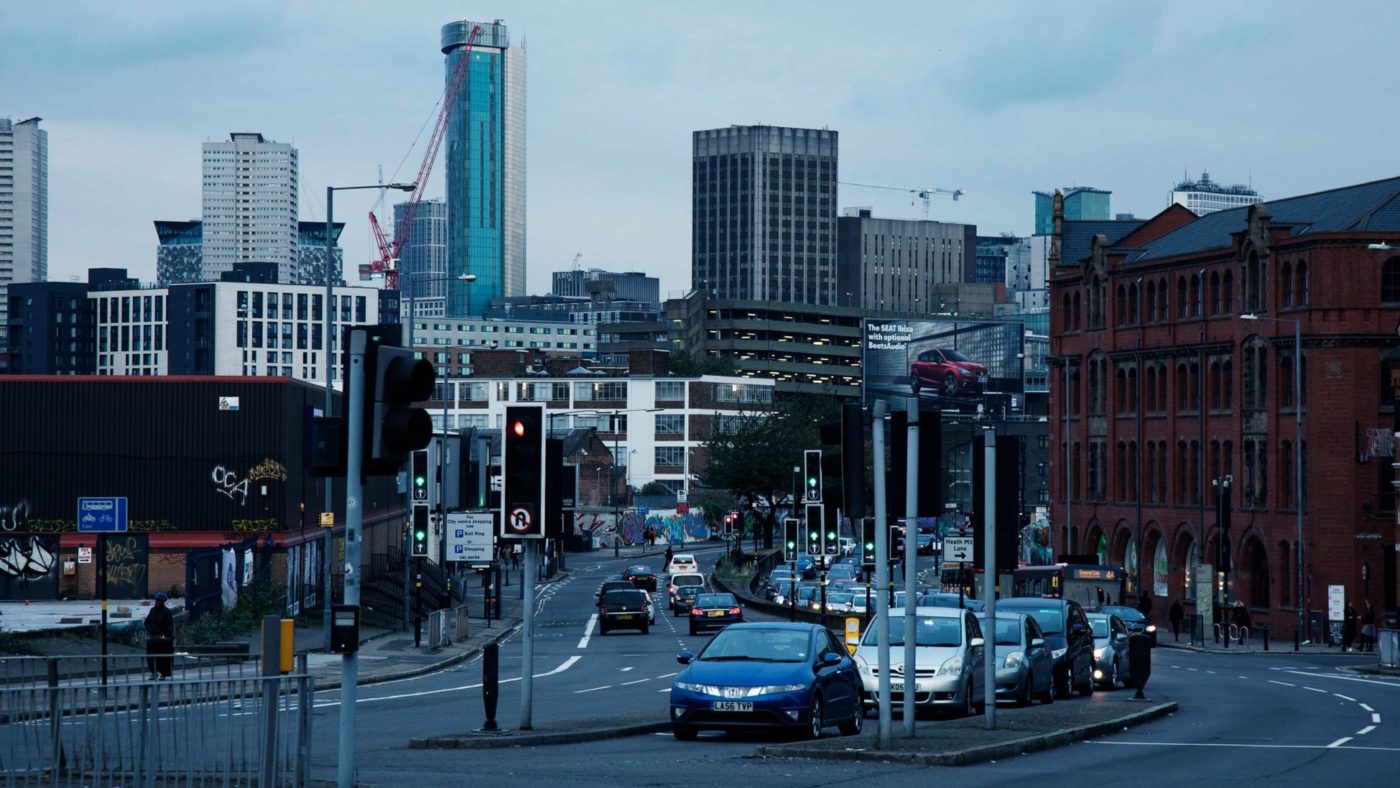Yesterday Andy Street fired the starting gun on his bid to be re-elected Mayor of the West Midlands, the second largest metropolitan region in the UK after London.
He’s chosen to put improvements to public transport at the centre of his election campaign. This is unsurprising, because Birmingham has a local transport problem: the city centre is the least accessible by public transport of any big city in the UK according to the National Infrastructure Commission – only Stoke, Telford and Chatham are slower to reach without a car. Not only is this frustrating for people who endure public transport into the city, but it is a significant loss to city centre firms and tens of thousands of West Midlands residents denied higher wages, job progression and opportunities in the city centre because of the time cost to access those jobs is just too high.
So his plan for 150 miles of new metro and railway, eight new metro lines and 21 new stations to unblock Birmingham City Centre’s congestion is certainly needed. But the UK’s second largest city needs more than extra transport infrastructure investment to solve its transport problem.
To ‘level-up’ mobility in Birmingham to London levels it needs to do things that you can’t show on a map. Tough steps to fix the traffic and boost bus journey speeds and reliability in 2020 are needed to deliver immediate results and make the business case for the metro system – and HS2 – stronger overnight.
An increase in metro services in West Midlands will have a major effect on bus demand in certain areas, taking away ridership on some of the busiest and most profitable bus routes.
Metro Mayors in Greater Manchester and Liverpool City Region are considering introducing franchising, so this is unlikely to be a contentious decision in the West Midlands – at least with the public. But the biggest, best and quickest single improvement to Birmingham’s transport system will be unpopular in the short term: congestion charging.
City centre congestion is caused by thousands of private motorists trying to access a small area of land at the same time. So, while improving public transport will act as the carrot that shifts some commuters from cars to buses and trains, congestion charging is the stick (and carrot fertiliser) to transform capacity and journey speeds and reliability to the city centre.
The congestion charge and Ultra Low Emission Zone in London now raise around £270m a year which can be used to invest in public transport the political case for these tough measures is made easier for the Mayor of London because he controls the buses, and can specify the routes, fares, frequencies and quality of bus services for that congestion charge will improve. It will help to fund the metro network too – Nottingham’s Workplace Parking Levy has levered in £3 for every £1 it raised, unlocking funds for its tram extension and refurbishment of the railway station.
This would also have health benefits. Centre for Cities revealed last week that Birmingham has the second highest number of air pollution-related deaths of any city in the UK, after London. Transport emissions are a major contributor to these deaths so the Mayor would be right to reduce the number of vehicles on the road by charging them.
But the major cause of the West Midlands’ economic underperformance will not be cured by better transport alone, as Andy Street knows. After all, Nottingham’s economy still underperforms despite excellent buses and trams. The West Midlands currently has the lowest percentage of workers with degree-level qualifications or good GCSEs, and the highest percentage of workers with no qualifications at all of any combined authority in England.
Making trains, trams and buses across Birmingham more reliable and a bit quicker is good. But without generating demand they risk running something akin to Sheffield’s underused Supertram. So ensuring that more people have the skills to get into the labour market and training to progress will help them take advantage of new transport, and support the city-region to attract in even more of the high-knowledge businesses that focus on talent rather than traffic.
The Mayor of the West Midlands, whoever that is after 7 May, can’t expect trains to fix the economy without fixing the buses, traffic and training first.
Click here to subscribe to our daily briefing – the best pieces from CapX and across the web.
CapX depends on the generosity of its readers. If you value what we do, please consider making a donation.


